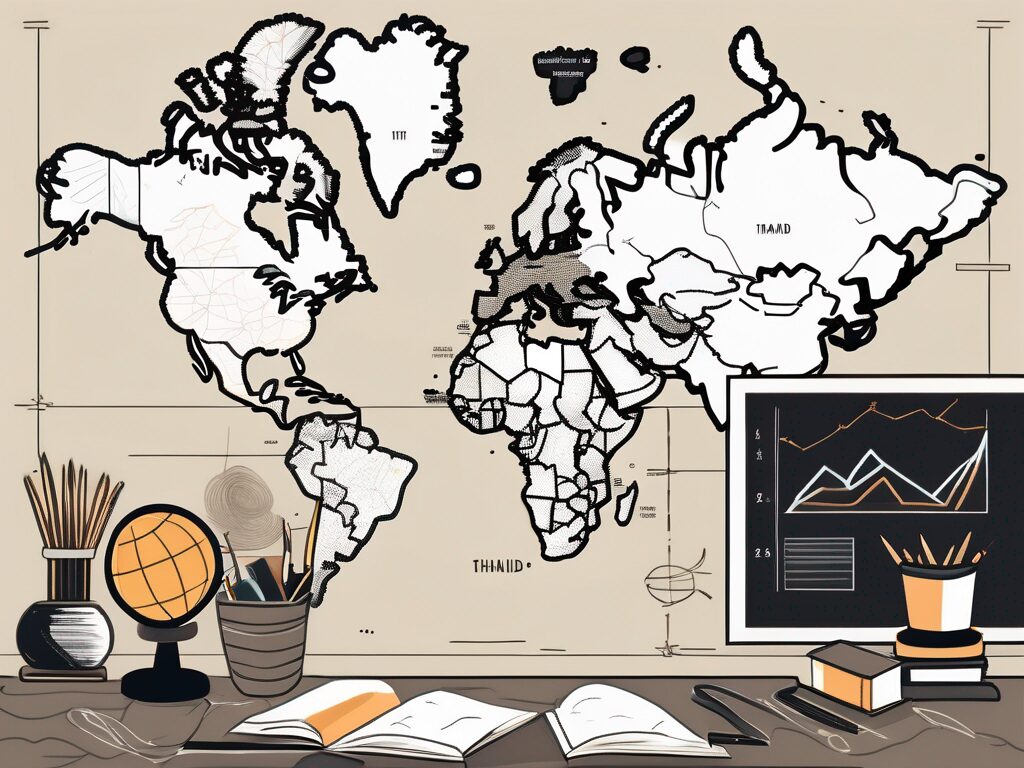Is Malaysia a Safe Country for Students?
Considering Malaysia as a destination for international education can be both exciting and daunting. As an aspiring international educator, understanding the safety and opportunities in Malaysia is crucial. This article will guide you through the key aspects of studying and teaching in Malaysia, ensuring you make an informed decision.
Table of Contents
- Why is it Important for Aspiring International Teachers?
- Key Skills or Qualifications Required
- Steps to Get Started
- Challenges and How to Overcome Them
- Best Practices and Tips for Success
- Conclusion
Why is it Important for Aspiring International Teachers?
Malaysia is a growing hub for international education, offering a diverse cultural experience and a robust job market for educators. With its strategic location in Southeast Asia, Malaysia provides access to a wide range of teaching opportunities. The demand for qualified teachers is on the rise, making it an attractive destination for those looking to expand their careers internationally.
Key Skills or Qualifications Required
To teach in Malaysia, educators typically need a recognized teaching qualification, such as a Bachelor’s degree in Education or a related field. Proficiency in English is essential, and additional language skills can be advantageous. Cultural sensitivity and adaptability are crucial for successfully integrating into the Malaysian education system.
Steps to Get Started
1. Obtain the necessary teaching qualifications and certifications.
2. Gain experience in teaching, preferably in an international setting.
3. Research and apply to schools in Malaysia that match your expertise and interests.
4. Prepare for cultural adaptation by learning about Malaysian customs and traditions.
Challenges and How to Overcome Them
Adapting to a new culture and education system can be challenging. Language barriers and different teaching methodologies may pose initial hurdles. To overcome these, engage in cultural exchange programs, seek mentorship from experienced educators, and continuously update your teaching strategies to align with local practices.
Best Practices and Tips for Success
1. Build a strong professional network with local and international educators.
2. Stay informed about the latest educational trends and policies in Malaysia.
3. Embrace continuous learning and professional development opportunities.
4. Foster an inclusive classroom environment that respects and celebrates diversity.
Conclusion
Malaysia offers a unique and rewarding experience for international educators. By understanding the safety, opportunities, and challenges, you can make a well-informed decision about pursuing a teaching career in this vibrant country. Embrace the journey and contribute to the global education landscape.
Want to become a teacher in a Tier 1 international school? Join the course here.

